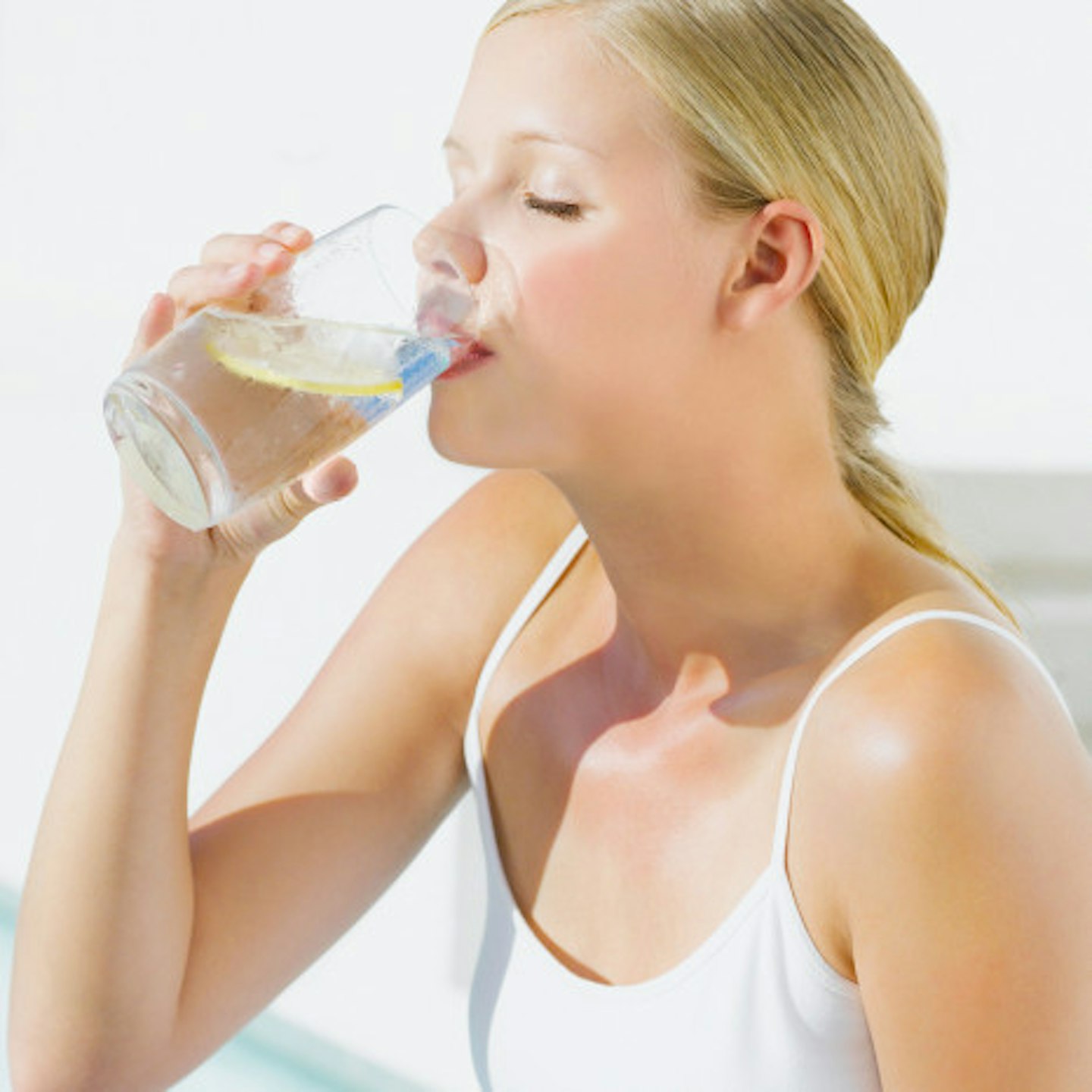Ever since we were small, we’ve been told over and over again that we should drink more water in a bid to be healthier.
But, in some cases, drinking too much water can prove to be deadly.
And now an international panel of experts have come together to urge people to ditch long-held hydration advice for a safer strategy: only drink water when thirsty during exercise.
The new guidelines, published in the Clinical Journal of Sport Medicine, state that drinking excessive amounts of water or sports drinks during workouts can lead to a life-threatening condition known as exercise-associated hyponatremia.
WHAT IS HYPONATREMIA?
Hyponatremia is a condition that occurs when too much fluid is ingested, which causes your body’s water levels to rise and your cells to swell. It also flushes the blood of vital sodium stores - and can cause many health problems, from mild to life-threatening.
Symptoms include:
-
Lightheadedness
-
Dizziness
-
Nausea
-
Puffiness and weight gain during athletic events
-
Vomiting
-
Headache
-
Confusion
-
Loss of energy and fatigue
-
Restlessness and irritability
-
Muscle weakness, spasms or cramps
-
Agitation
-
Delirium
Eventually, if symptoms are allowed to progress, the condition can cause swelling on the brain. This can lead to seizures, coma, and, in some cases, death.
WHAT DO THE EXPERTS SAY?
Writing in the Clinical Journal of Sport Medicine, the specialists said that "aggressive drinking to prevent dehydration is unnecessary and carries with it greater risk."
They explained: “Fluid intake recommendations suggesting that athletes begin to drink fluids before the onset of the sensation of thirst were targeting those exercising in situations where high sweat rates were present and dehydration could evolve rapidly with known medical and performance outcomes.
"Unfortunately, this advice fostered the misconception that thirst is a poor guide to fluid replacement in lower sweat rate situations. We believe that this has facilitated individuals choosing to inadvertently adopt over-drinking."

HAS AN ATHLETE EVER DIED FROM DRINKING TOO MUCH WATER?
According to the Clinical Journal of Sport Medicine, exercise-associated hyponatremia is responsible for the deaths of at least 14 athletes, including marathon runners and football players.
Marathon runner Frederic Lecao shared his own experiences with CBS New York, explaining that, during his marathon, he drank a lot of water to stay hydrated.
“I was literally taking a sip every five minutes,” he explained.
However his quest to stay hydrated saw him drink almost 13 cups of water before he’d made it halfway through the marathon.
And it had extreme consequences.
He said: “My whole body shut down… I was literally on the ground screaming with pain.”
SO HOW MUCH SHOULD WE DRINK A DAY?
Dr Scott Weiss explained to CBS New York that there is no size fits all formula for how much to drink, but suggests this guideline:
“Two thousand calories most people will take in on an average diet and with 2,000 millilitres, that’s really 2 litres. So really, 2 litres of water is normal for a day,” he said.
For those wondering, 2 litres of water translates to about eight to 10 cups for the entire day.

AND HOW MUCH SHOULD WE DRINK WHEN EXERCISING?
We should still drink the recommended 2 litres of water - and simply sip extra water if and when we feel thirsty.
Experts added that research supports the notion that it's OK to lose up to 3 percent of your body weight due to dehydration during endurance sports.
So, if you have a marathon or race planned, only drink when you’re thirsty.
_646x363.jpg?ar=16%3A9&fit=crop&crop=top&auto=format&w=1440&q=80)